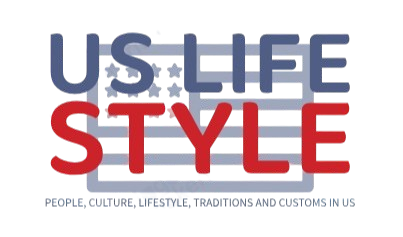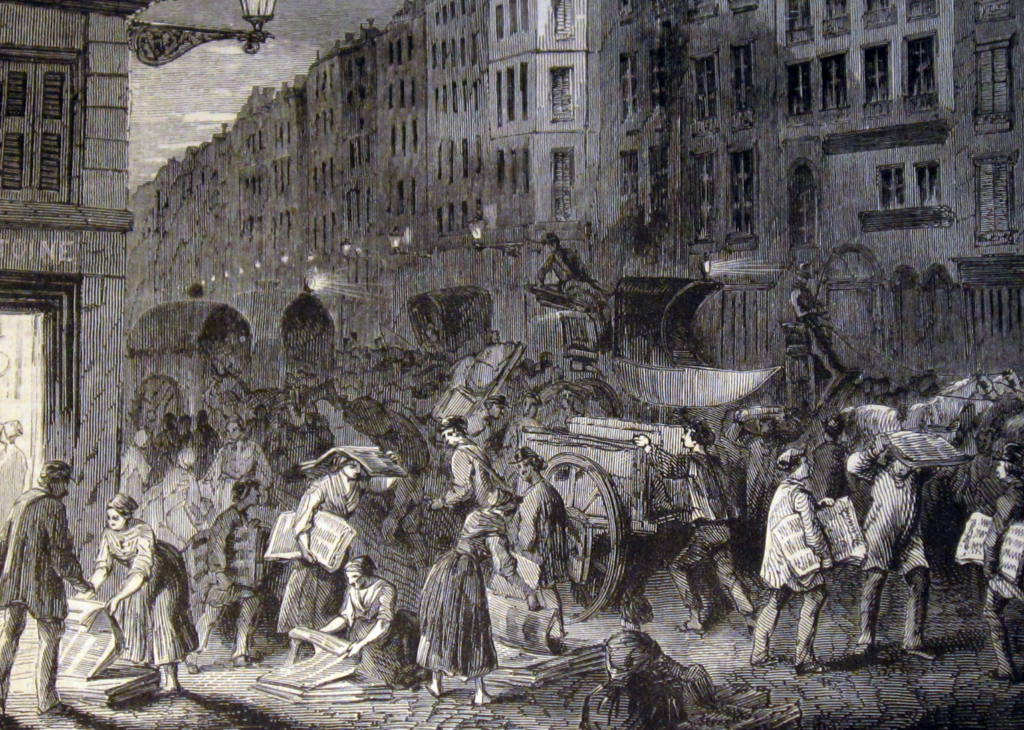The mid-19th century was a period of rapid economic and industrial change, and among the notable contributions to business thought during this era was The Business Mirror, authored by Williams Frederick in 1859. This publication provided a guide for entrepreneurs, merchants, and industrialists who sought to navigate the increasingly complex commercial landscape. It focused on practical advice for business management, ethical considerations in commerce, and the changing nature of industry.
Frederick’s insights were informed by the economic context of his time, marked by the Industrial Revolution’s transformative effects on business operations, globalization’s early stages, and emerging financial systems. This article explores the key principles of The Business Mirror, situates Frederick’s work within the broader economic trends of the 19th century, and examines its relevance to modern business practices.
The Context of The Business Mirror (1859)
To fully appreciate the significance of Williams Frederick’s The Business Mirror, it is essential to understand the historical backdrop. The Industrial Revolution, which began in the late 18th century, had by the 1850s dramatically reshaped the economic landscape of Europe and North America. Factories were replacing cottage industries, steam power was driving transportation and manufacturing, and new markets were opening due to advancements in communication and transportation, including the rise of the railroad and steamships.
Business practices were also evolving in response to these technological advancements. The 1850s saw the rise of the joint-stock company, a precursor to modern corporations, where shareholders invested capital in enterprises and enjoyed limited liability. The period was also characterized by growing international trade, thanks to the expansion of empires, as well as the integration of new financial instruments such as banks and stock markets.
In this context, The Business Mirror sought to provide business leaders with guidance on how to operate effectively in this new world of commerce. Frederick’s guide addressed both the practical aspects of running a business and the moral and ethical considerations that he believed were essential for long-term success.
Key Themes in The Business Mirror
1. Ethics in Business
One of the most forward-thinking aspects of The Business Mirror was its emphasis on ethics. At a time when industrial expansion was often associated with exploitation, harsh working conditions, and unethical practices, Frederick argued that long-term business success could not be divorced from ethical conduct.
Frederick believed that honesty and transparency were vital in maintaining trust with both business partners and customers. He noted that reputation, once lost, could be difficult to rebuild. In one memorable passage, Frederick wrote: “A name tarnished in the marketplace will bring ruin faster than the swiftest current of time.”
This was particularly insightful considering the practices of some industrialists of the time, who prioritized profit at the expense of their workers and the environment. Frederick’s view of business ethics echoes today’s discussions on corporate social responsibility (CSR) and the need for businesses to be accountable not just to shareholders but to a wider set of stakeholders, including employees, customers, and the communities in which they operate.
2. Adaptability and Innovation
Another key theme of The Business Mirror was the importance of adaptability and innovation. Frederick recognized that the world of business was changing rapidly and that those who failed to keep up with these changes risked being left behind. He urged business leaders to be open to new ideas and to continually seek out ways to improve their products, services, and operations.
Frederick’s views on innovation were shaped by the technological advances of the time, such as the expansion of the railway network, the introduction of the telegraph, and the development of mechanized production techniques. He encouraged business leaders to adopt new technologies where possible, noting that “stagnation in business is the harbinger of decline.”
His advice resonates strongly with contemporary business practice, where innovation is widely regarded as a key driver of success. Companies today are constantly looking for ways to leverage new technologies, such as artificial intelligence, blockchain, and renewable energy, to gain a competitive edge.
3. Strategic Planning and Risk Management
Frederick placed a strong emphasis on the importance of strategic planning and risk management. He believed that businesses needed to have a clear sense of their long-term goals and that they should develop detailed plans for achieving these objectives. At the same time, he warned against taking unnecessary risks and advised business leaders to be cautious in their investments and expansion plans.
In The Business Mirror, Frederick wrote extensively about the importance of understanding the market and competitors. He emphasized the value of conducting market research before launching a new product or service and the importance of understanding the competitive landscape.
Additionally, Frederick cautioned against over-leveraging one’s business, as the debt could quickly become a burden in difficult times. His guidance on risk management prefigures modern concepts of corporate governance and financial prudence, emphasizing the need for businesses to strike a balance between ambition and caution.
The Relevance of The Business Mirror in Modern Business
Although Frederick’s The Business Mirror was written over 160 years ago, many of its insights remain highly relevant in today’s business environment. The principles of ethics, innovation, and strategic planning that Frederick championed are central to modern business theory and practice.
1. Business Ethics and Corporate Social Responsibility
Frederick’s emphasis on ethical conduct has parallels with the modern concept of corporate social responsibility (CSR). Today, businesses are increasingly expected to go beyond merely generating profit; they are also asked to act responsibly towards the environment, their employees, and the communities in which they operate. Companies that ignore these expectations risk damaging their reputations and alienating customers and investors.
Moreover, Frederick’s call for transparency and honesty in business dealings resonates in an era where consumer trust is critical. In the age of social media and instant communication, companies that engage in unethical practices are quickly exposed and often face public backlash. As a result, ethical business practices are not just a moral imperative but a business necessity in the 21st century.
2. Innovation as a Key to Success
Frederick’s recognition of the importance of innovation is another aspect of his work that continues to be relevant today. In a globalized economy, businesses must constantly innovate to stay ahead of their competitors. Whether through adopting new technologies, developing new products, or finding more efficient ways of operating, innovation is essential for business success.
The pace of technological change today is even more rapid than in Frederick’s time, with advances in artificial intelligence, automation, and digital transformation reshaping entire industries. Frederick’s advice to business leaders to remain adaptable and open to new ideas remains as pertinent as ever.
3. Strategic Planning and Risk Management
Frederick’s emphasis on strategic planning and risk management is also highly relevant to modern businesses. In an increasingly complex and volatile global economy, businesses must be proactive in planning for the future and managing risks. This includes everything from economic downturns and supply chain disruptions to political instability and environmental challenges.
Modern risk management strategies, such as scenario planning and stress testing, are built on the same principles that Frederick outlined in The Business Mirror. By encouraging business leaders to think carefully about their long-term goals and to be cautious in their risk-taking, Frederick’s work continues to offer valuable guidance for today’s business leaders.
Conclusion
Williams Frederick’s The Business Mirror (1859) was a forward-thinking guide to business practice that addressed some of the most pressing issues of its time, including ethics, innovation, and strategic planning. While the economic landscape has changed significantly since the 19th century, many of Frederick’s insights remain relevant to modern business practices.
Frederick’s work serves as a reminder that the core principles of successful business—ethical conduct, adaptability, and strategic planning—are timeless. As business leaders today navigate an increasingly complex and rapidly changing global economy, Frederick’s The Business Mirror offers valuable lessons that continue to resonate in the 21st century.








